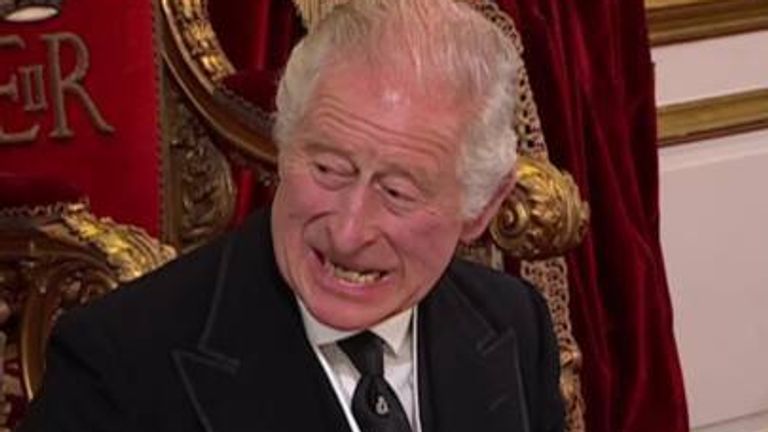Prime Minister Anthony Albanese and other leaders to forgo meetings as public sentiment shifts towards a republic.
King Charles III faces a diplomatic snub during his upcoming trip to Australia. This visit coincides with important national events and discussions about the monarchy’s relevance. Senior Australian politicians, including Prime Minister Anthony Albanese, will not meet with the King. This decision has raised eyebrows and sparked debates about the monarchy’s future in Australia.
Australia’s evolving identity forms the backdrop of this diplomatic snub. The nation is reassessing its ties to the British monarchy. Public sentiment is shifting towards a more republican stance. Many Australians question the relevance of a monarch living thousands of miles away. Increasing scrutiny surrounds the monarchy’s role in Australia’s governance and symbolism.

This visit is significant as it marks King Charles’s first trip to Australia as sovereign. He last visited in 2018 as the Prince of Wales. King Charles plans to participate in various events celebrating Australia’s culture and heritage. However, key political leaders’ absence highlights a growing disconnect between the monarchy and Australian leadership. Prime Minister Albanese’s decision not to meet the King reflects broader sentiments among Australians. Many citizens believe Australia should chart its own course, free from colonial ties. Recent polls show that many Australians favor a republic. This sentiment has gained momentum since Queen Elizabeth II’s passing, prompting discussions about Australia’s future.
The visit coincides with the anniversary of the 1973 Australian Constitution. This timing underscores the ongoing conversation about national identity and governance. The King is likely to address the significance of this constitutional milestone. However, without engagement from senior politicians, his message may have limited impact.
Some observers note the snub’s significance in a broader geopolitical context. As Australia navigates its position in the Indo-Pacific region, the monarchy’s relevance plays a role in national sovereignty discussions. The snub highlights the complexities within Australia’s political landscape.
This diplomatic decision has sparked conversations about the monarchy’s role in Australia’s future. While King Charles aims to strengthen ties, senior politicians’ refusal to meet sends a different message. The monarchy’s connection to Australian identity faces challenges in a modern context.
In conclusion, King Charles’s trip to Australia highlights tensions between the monarchy and Australian leadership. Senior politicians’ decision not to meet him reflects changing public sentiment about the monarchy. As Australia continues to evolve, the monarchy’s relevance in governance remains a topic of debate. Observers will closely watch the visit’s implications for future Australian-British relations.




